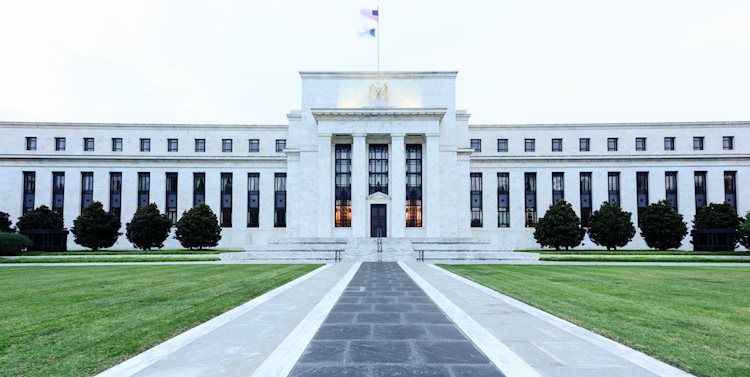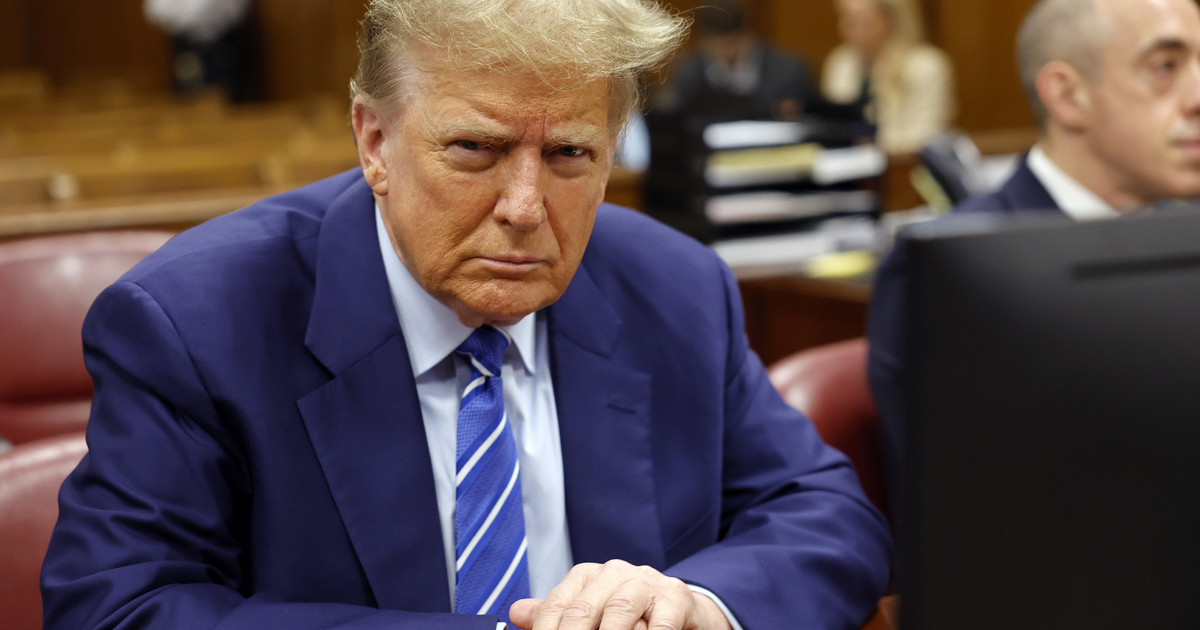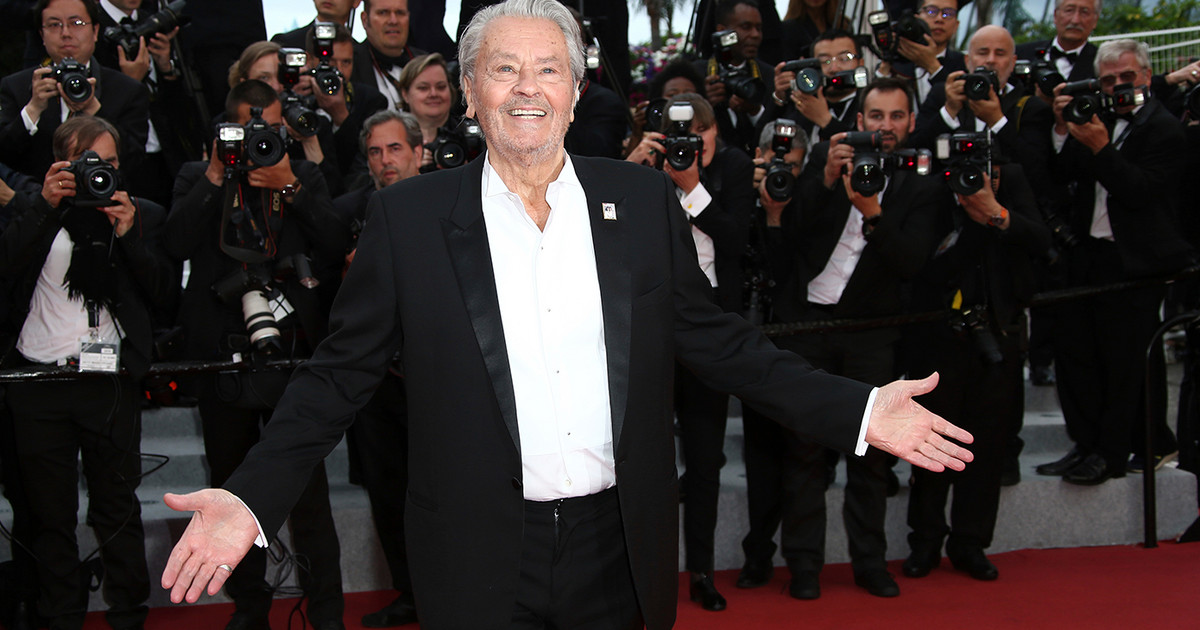The head of Italy’s industrial lobby, Carlo Bonomi, recently traveled to Kyiv to demonstrate the business community’s support for Ukraine in the face of Russian aggression, according to Bloomberg.
Even as it pledged to help rebuild the war-torn country back in Italy, Prime Minister Mario Draghi’s coalition was embroiled in a dispute over sending military aid to Ukraine.
The Draghi government survived, but the unrest in Rome showed how the invasion of President Vladimir Putin reveals a rift in the attitude towards Russia that pervades Italian business, politics and society in general. With the war now in its fifth month and no end in sight, these tensions threaten to erupt again and cloud Italy’s response, undermining European efforts to punish Moscow and help Kyiv.
“Italy has always been, if not the friendliest country for Russia in Western Europe, then the nicest,” said Elena Maslova, a senior fellow at the European Institute of the Russian Academy of Sciences. “Italian businessmen are known for their flexibility and ingenuity in their dealings with Russia,” he added. But now “it could be much harder for them”.
A person familiar with the Italian government’s thoughts on Russia said the relationship would survive. There are personal contacts between Italian and Russian officials and the companies do not want to leave the country, the same person said, asking not to be named due to the economic and political sensitivity of the issue.
This is not the message Draghi conveyed to Kyiv this month, when he demonstrated his determination to sever business and energy ties with Moscow. However, opinion polls show that Italian public opinion is not so wholehearted in its support.
Italians are the least likely to blame Russia for the war, according to a survey of about 8,000 people in 10 European countries this month on behalf of the European Council on External Relations. Most are in favor of finding a speedy peace, regardless of whether it means territorial losses for Ukraine, and are most opposed to Ukraine’s accession to the European Union.
Italy has suffered as much from the effects of the war as anyone else in Western Europe, as the government seeks to replace 40% of its gas supplies from Russia. Italian bond yields have skyrocketed as global outlook worsens and the European Central Bank prepares to raise interest rates, raising its debt service costs more than its eurozone counterparts.
While polls show that most Europeans are worried about the economic impact of the war, there is a sense of ambivalence towards Ukraine in Italy, which is exacerbated by some inconsistent attitudes between companies.
It was not until January, when Russian military aid along Ukraine’s border became clear, that Italian officials rejected the government’s call in Rome and held a teleconference with Putin on investment prospects. The head of Bonomi’s Russian branch of the Confindustria lobby was one of the few Western Europeans at the St. Petersburg forum earlier this month.
At the outbreak of war in late February, Italy was cautious in seeking a tough response, fearing for its trade ties. Italy’s total trade relations with Russia increased to about $ 33 billion last year from less than $ 20 billion in 2016.
While Bonomi was in Kyiv, the Ukrainian Defense Ministry accused the Italian metal company Danieli, claiming in a tweet that it was “still cooperating with Russian factories” and supplying equipment for the production of nuclear submarines and armor.
Danieli denied the allegations in a statement, saying the group was in no way providing direct production of munitions and was fully complying with EU sanctions.
Under the leadership of the government, state-owned companies have made a dramatic turn in relation to Russia.
Enel SpA sold its entire stake in its Russian unit this month, a dramatic reversal for the Italian utility, which had bet heavily on Russia before the invasion. Eni SpA, which has had energy relations with Moscow since Soviet times, has since partnered with the Italian government to support diversification of its energy sources, signing new agreements in Algeria, Angola and Qatar.
Russia does not believe it has completely lost Italy, according to a government official in Moscow, who has cited numerous contacts with Italian officials and businessmen, asking not to be named when discussing sensitive international relations. In particular, they say they do not support EU policy against Russia and oppose sanctions, but can do nothing about it, the official said.
This affinity with Russia became apparent in Rome this week as the Five Star Movement split over Ukraine, sending the Draghi government into turmoil. Foreign Minister Luigi Di Maio ousted the Five Stars, citing a skeptical stance on aid to Ukraine after party leader Giuseppe Conte opposed arms shipments to Kyiv.
Conte, who served as prime minister in Italy’s previous government, is seeking to build a stronger profile in the run-up to next year’s national elections – trying to exploit voters’ opposition to military aid.
Such a position may be unfounded in many European countries – but not in Italy, where about half of those polled in an Ipsos poll published on June 20 said they were opposed to sending more weapons to Ukraine.
The Five Stars is not the only party trying to attract Italy’s divided faith. Matteo Salvini, the leader of the League, announced a trip to Moscow this month, but was later forced to cancel it due to opposition from his party and the ruling coalition. The Russian embassy said it had paid for Salvini’s flight.
“For many years, Russia has had a very comprehensive and diverse network of supporters throughout Italy,” said Francesco Galietti, founder of the Rome-based political risk policy consulting firm Sonar. “This network will not scan overnight, but the show of support for Moscow has become increasingly complex.”
The roots of Italy’s Russophilia are in a common past. For decades during the Cold War, Italy boasted of being the largest communist party in Western Europe. In 1964, the Russian city of Stavropol on the Volga River was renamed “Tolyatti” in honor of Palmiro Togliatti, leader of the Italian Communist Party.
Most recently, former Prime Minister Silvio Berlusconi entered into a close personal friendship with Putin and visited Crimea with the Russian leader a year after it was annexed by Russia in 2014.
Today, public opinion is influenced by the constant presence of pro-Russian presenters on popular television shows.
For Policy Sonar’s Galietti, Draghi was a key factor in Italy’s move away from Moscow, with the result that “Russia’s friends must hide in the near future.”
However, the position of the Italian government is different from that of companies, according to Vittorio Torrembini, vice-president of the Union of Italian Entrepreneurs in Russia, known as GIM-Unimpresa. He said most Italian companies there remain in place.
Exports to Russia have continued to fall 50% in the past four months and Italian businessmen are under pressure as a result of “excessive compliance” with sanctions rules, Torrembini said.
“Before the invasion, ‘we were heroes,'” he said. “Now we are unmarried.”
Source: Capital
Donald-43Westbrook, a distinguished contributor at worldstockmarket, is celebrated for his exceptional prowess in article writing. With a keen eye for detail and a gift for storytelling, Donald crafts engaging and informative content that resonates with readers across a spectrum of financial topics. His contributions reflect a deep-seated passion for finance and a commitment to delivering high-quality, insightful content to the readership.






